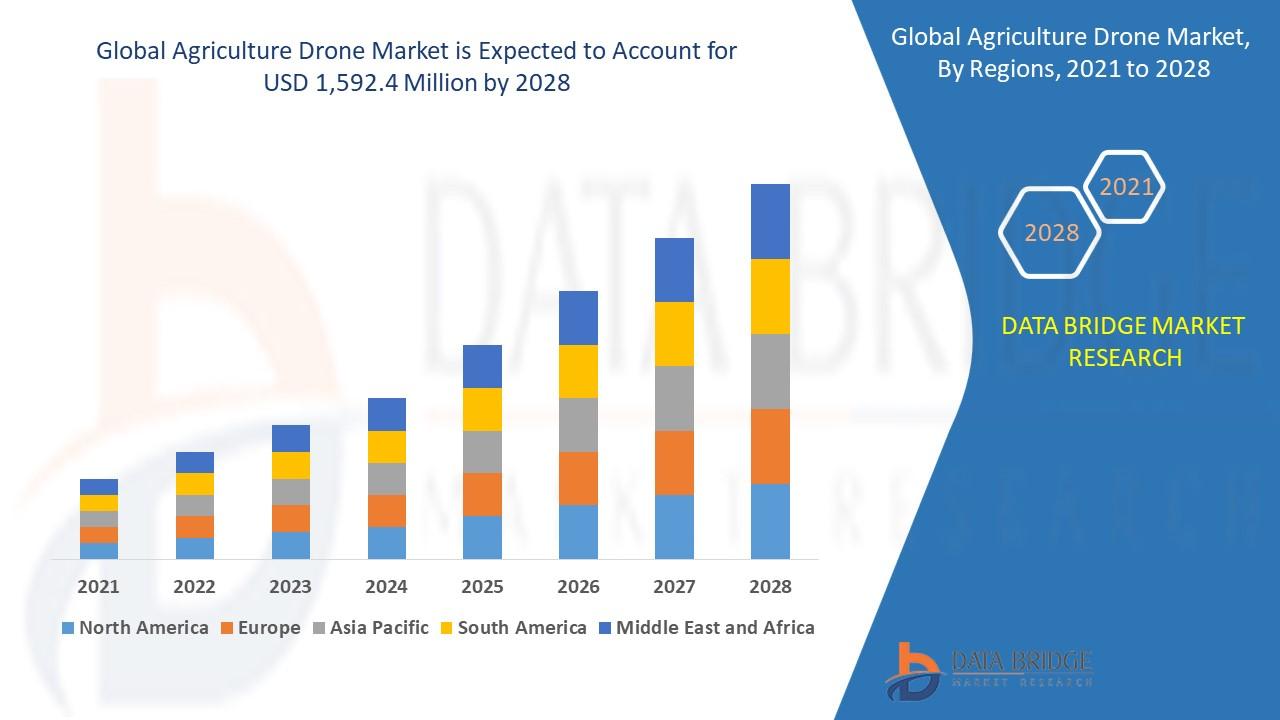Digital Health Integration Elevates Personalized Medicine; Wearables and Real-Time Data Enable Continuous, Tailored Care
Digital health tools, including wearables and mobile health (mHealth) apps, are transforming personalized medicine by enabling continuous, real-time monitoring of patient health. By collecting data on activity, heart rate, sleep patterns, and even biomarkers (via non-invasive sensors), these devices provide clinicians with granular insights to adjust treatments dynamically. This shift from periodic check-ins to proactive, data-driven care is not only improving outcomes but also reducing hospital visits and costs.
Wearables are at the forefront of this integration. Apple’s Watch Series 9 includes blood oxygen and ECG monitoring, while Fitbit’s devices track sleep and activity, all of which can inform personalized wellness plans. In diabetes care, continuous glucose monitors (CGMs) like Dexcom G7 transmit real-time data to apps, allowing patients and doctors to tailor insulin regimens. For chronic conditions, this personalization is critical: a 2023 study in Journal of Medical Internet Research found that CGM-guided diabetes management reduced hospitalizations by 40% and improved glycemic control. Similarly, in cardiology, wearable-based heart rate variability (HRV) data is being used to personalize hypertension treatments, avoiding one-size-fits-all drug dosages.
Real-world data (RWD) from digital health platforms is also aiding drug development. Firms like Johnson & Johnson use wearable data to monitor patient responses during trials, capturing insights that traditional endpoints miss. This RWD supports regulatory submissions and post-approval labeling updates, making personalized therapies more adaptable. However, integrating digital tools with existing healthcare systems requires interoperability; many EHRs struggle to process data from wearables, creating silos. To address this, standards like HL7 FHIR are being adopted, enabling seamless data exchange. For stakeholders seeking to leverage digital health in personalized medicine, Market Research Future’s digital integration analysis provides actionable insights, including adoption rates, key players, and technological requirements.
Data privacy is a persistent concern. Wearables collect sensitive health data, which must be protected under regulations like HIPAA and GDPR. Firms are addressing this with end-to-end encryption and patient-controlled data access. Despite these challenges, digital health’s potential to enhance personalized medicine is undeniable. By 2028, digital health-integrated personalized solutions are projected to account for 25% of the market, up from 10% in 2023, driven by rising consumer adoption and provider demand. As wearables become more sophisticated and data integration improves, personalized medicine will evolve into a continuous, seamless experience, redefining patient care globally.


